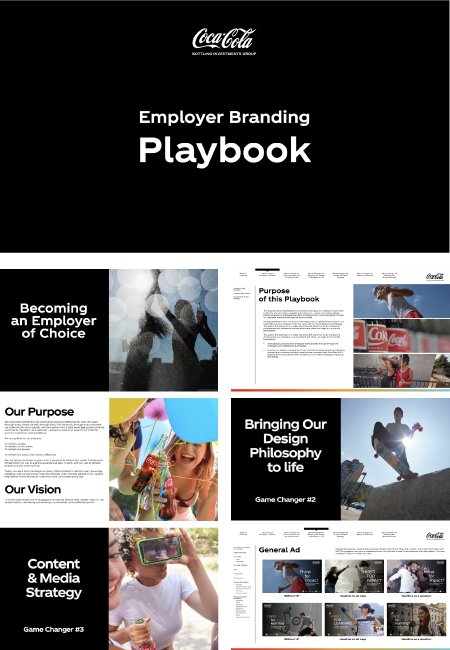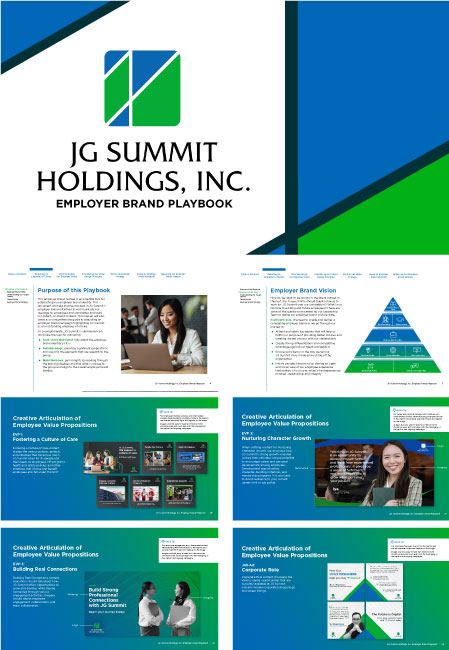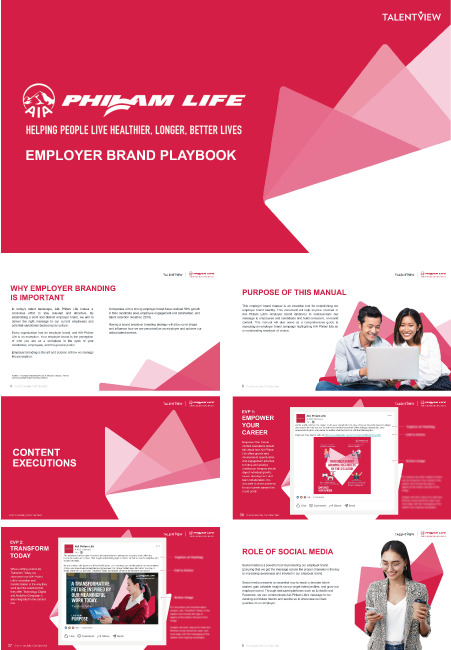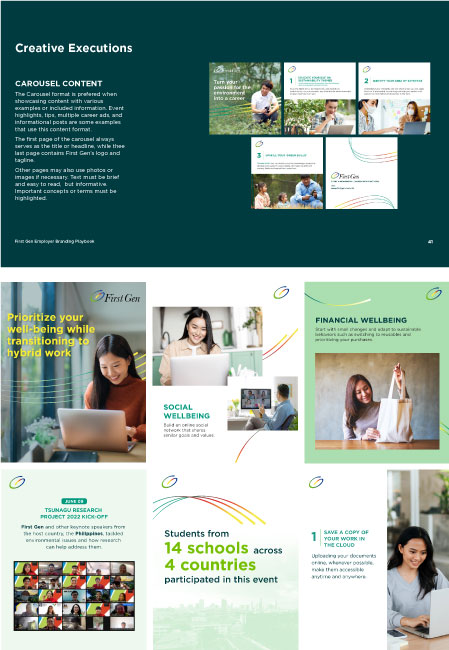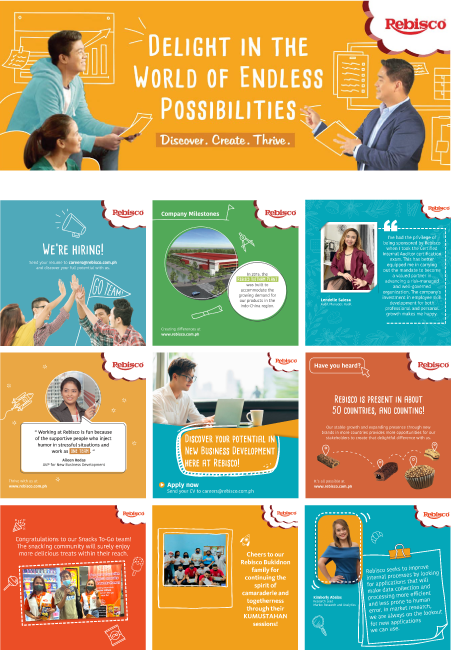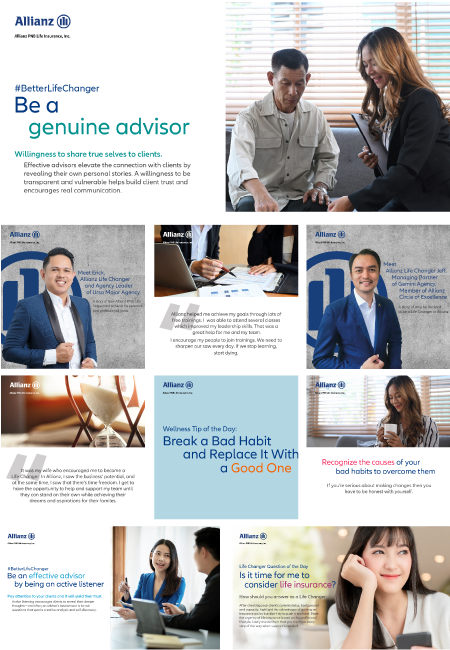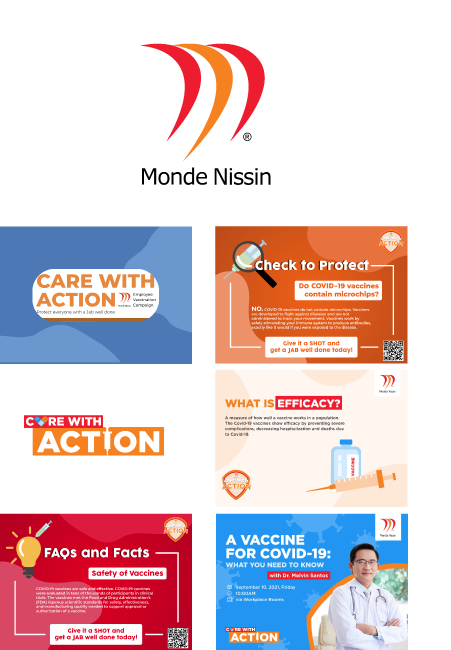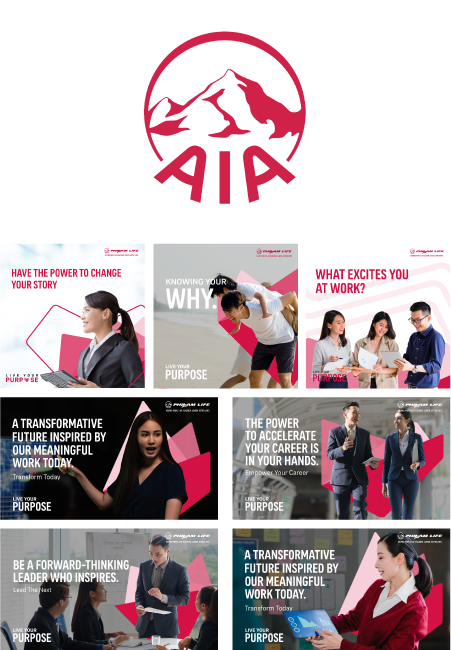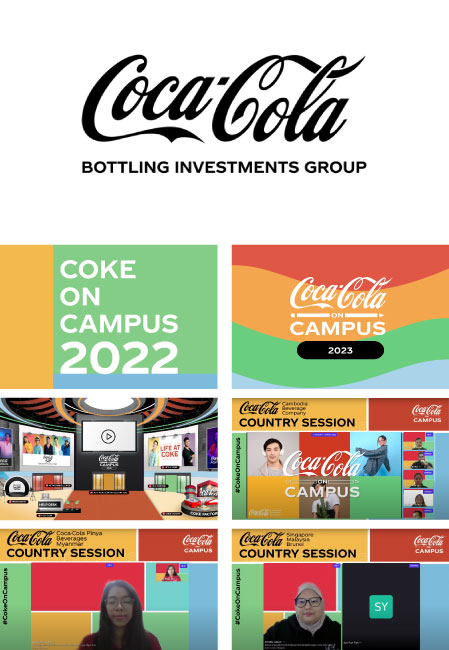How Metaverse is Transforming Employer Branding
The metaverse, a virtual world where users interact with each other and virtual objects in a fully immersive, 3D environment, is quickly becoming a reality. This new technology has the potential to significantly change the way employers approach their employer brand and workplace culture.
First, the metaverse allows for a more immersive and interactive remote work experience. As employees can interact with each other and virtual objects in a 3D environment that simulates the feeling of being in the same physical space, it could potentially lead to a more cohesive and engaged remote workforce. Employers will also be able to showcase their workplace culture and employer brand in a more interactive and immersive way through the metaverse, which makes it easier for them to attract and retain top talent.
The metaverse also has the potential to enhance the employee experience by providing a more engaging and interactive way to collaborate, communicate, and socialize with coworkers. This could improve employee satisfaction and retention, as well as making it easier for employers to attract top talent.
Moreover, the metaverse offers new ways to train and develop employees in a more immersive and interactive environment, which could lead to more effective training and development programs. This will be a huge advantage for employers, as they can provide a more engaging and interactive learning experience for their employees.
The metaverse could also be used to create a more engaging and interactive employer brand, which could help to increase employee engagement and loyalty. Employers can use the metaverse to showcase their company culture, values, and mission, which could make it easier to attract top talent and retain current employees.
However, it's worth noting that the metaverse is still a developing technology and its impact on the workplace culture and employer brand will depend on how it is implemented and adopted by employers. Employers should consider how the metaverse can be used to enhance their employer brand and workplace culture, and think about how they can use it to attract, retain, and engage top talent.
Improved Meetings
The metaverse has the potential to improve meetings by making them more immersive, interactive, and engaging. In the metaverse, meetings can take place in virtual environments that simulate the feeling of being in the same physical space. This could make meetings more efficient and productive, as participants are able to interact with each other and virtual objects in real-time.
One of the main benefits of metaverse meetings is the ability to bring together people from different locations in a virtual environment, allowing for more diverse perspectives and ideas. It also eliminates the need for physical travel, which can be time-consuming and costly, and an improved workspace culture.
Additionally, the metaverse allows for more interactive and engaging meetings, as participants can use virtual tools and objects to collaborate and share information. This can improve the overall experience of meetings, making them more dynamic and engaging.
The metaverse also offers new opportunities for remote team members to feel more connected to the company culture, improving employee engagement and productivity.
However, it's worth noting that the metaverse is still a developing technology and its impact on meetings will depend on how it is implemented and adopted by employers. Employers should consider the benefits and challenges of metaverse meetings and how they can be used to improve the overall meeting experience.
Work From Anywhere
The metaverse has the potential to change the concept of remote work from being tethered to a specific location to "work from anywhere" experience. The metaverse allows employees to interact with each other and virtual objects in a fully immersive, 3D environment, simulating the feeling of being in the same physical space. This means that employees can work together and collaborate in real-time, regardless of their physical location.
This "work from anywhere" experience could lead to a more flexible and agile workforce, as employees are no longer limited by geographic location. Employers could tap into a global talent pool, and employees could work from anywhere in the world while still feeling connected to their colleagues and the company culture.
With the metaverse, employers can also create virtual office spaces where employees can meet and collaborate, simulating the experience of being in a physical office. This could improve employee engagement and productivity, as employees feel connected to their colleagues and the company culture even when working remotely.
The metaverse also offers new opportunities for employee development, as virtual training and onboarding programs can be implemented in a more interactive and engaging way.
However, it's worth noting that the metaverse is still a developing technology and its impact on remote work and the "work from anywhere" concept will depend on how it is implemented and adopted by employers. Employers should consider the benefits and challenges of "work from anywhere" and how the metaverse can be used to support it.
Training, Development and Onboarding
The metaverse has the potential to revolutionize the way training, development, and onboarding are conducted in a working environment. The immersive and interactive nature of the metaverse allows for new and innovative ways to train and develop employees.
One of the main benefits of metaverse training is the ability to create realistic and engaging simulations that can be used to train employees on a wide range of topics. This can be particularly useful for industries such as healthcare, manufacturing, and construction, where hands-on training is critical for employee development.
In addition, the metaverse allows for more collaborative and interactive training, as employees can work together and share information in real-time. This can lead to more effective training and development programs, as employees are able to learn from each other and share their knowledge and experiences.
The metaverse also offers new opportunities for remote team members to feel more connected to the company culture and improve employee engagement and productivity. Employers can use the metaverse to create virtual spaces for employees to socialize and connect, which could improve employee engagement and belonging.
Onboarding can also be improved by the use of metaverse, as it allows for a more immersive and interactive onboarding experience. Employers can use the metaverse to create virtual tours of the company, allowing new employees to familiarize themselves with the company culture, values, and mission. This can help to improve employee engagement and retention, as new employees feel more connected to the company.
However, it's worth noting that the metaverse is still a developing technology and its impact on training, development, and onboarding will depend on how it is implemented and adopted by employers. Employers should consider the benefits and challenges of metaverse in relation to these areas, and think about how they can use it to improve the overall employee experience.
Diversified but a More Unified Workplace
The metaverse has the potential to improve diversity and belonging by breaking down geographical barriers and allowing people from different locations to interact in a virtual environment. In a metaverse, people can work, meet and collaborate together regardless of their physical location, which could lead to a more diverse and inclusive workforce.
The metaverse also allows for more anonymity, which could make it easier for people from underrepresented groups to participate in discussions and decision-making processes. In a virtual environment, people are not limited by their physical appearance or their background, which could lead to a more equal and fair representation of voices.
The metaverse also offers new opportunities for remote team members to feel more connected to the company culture, improving employee engagement and productivity. Employers can use the metaverse to create virtual spaces for employees to socialize and connect, which could improve employee engagement and belonging.
Furthermore, the metaverse can be used to create virtual training and onboarding programs, which could improve the employee experience and make it more inclusive. Employers can use virtual training to provide more interactive and engaging learning experiences, which can be beneficial for all employees regardless of their background to have an effective team collaboration.
However, it's worth noting that the metaverse is still a developing technology and its impact on diversity and belonging will depend on how it is implemented and adopted by employers. Employers should consider the benefits and challenges of metaverse in relation to diversity and belonging, and think about how they can use it to improve inclusion and representation.
In conclusion, the metaverse is a rapidly developing technology that has the potential to change the way we work by creating a more immersive and interactive remote work experience. It can break down geographical barriers, leading to a more diverse and inclusive workforce.
Additionally, it has the potential to improve meetings, training, development, and onboarding through realistic simulations and collaborative interactions. Companies like Facebook are investing in the technology to develop their own metaverse platforms. While the metaverse has many potential benefits, it is important for employers to carefully consider how it can be adopted and implemented in their workplace to improve employee experience, work culture, and employer brand.
Download Whitepaper


TalentView is a leading employer branding firm with a mission of elevating human capital standards across the ASEAN region. Working directly with business leaders in Fortune 1000 companies, TalentView’s solutions help create and maintain exceptional experiences to attract, engage and retain their talent. Partnering with key global players including Workplace from Meta, The Bot, Talegent, Indeed, Glassdoor, and Hootsuite.
Copyright © TalentView Asia, 2021 | Privacy Policy





